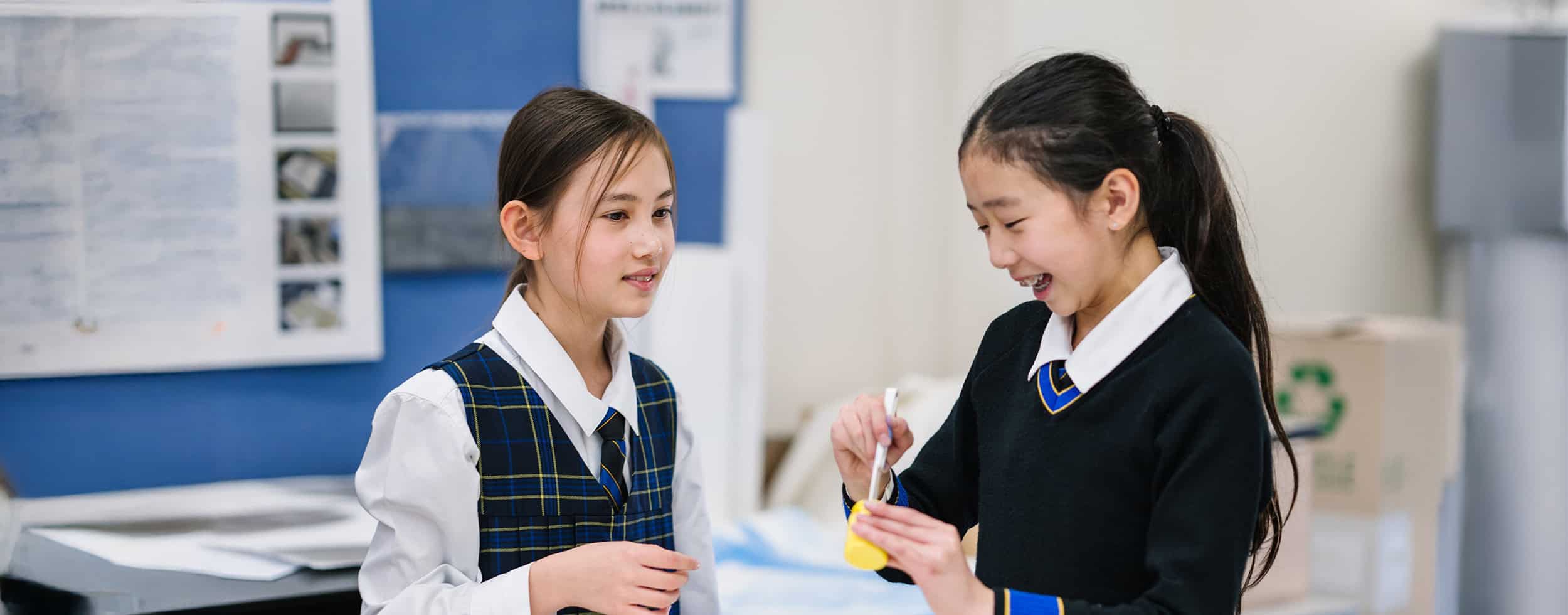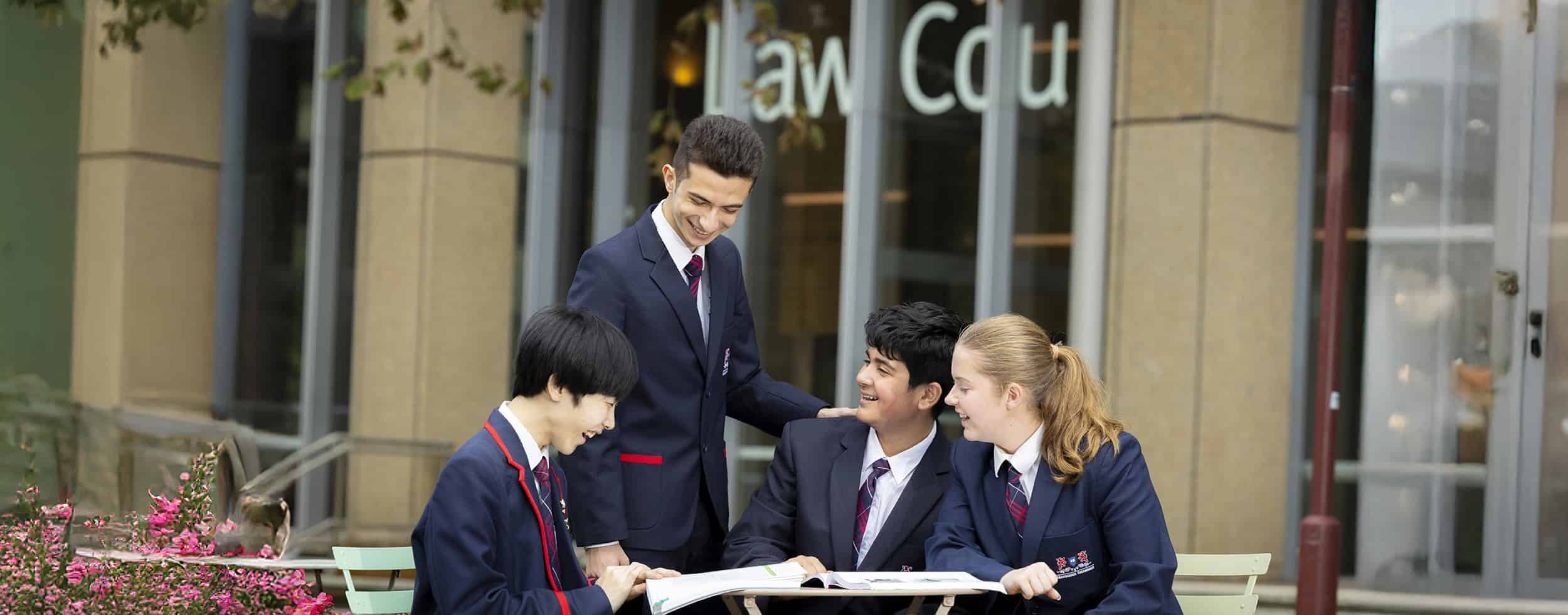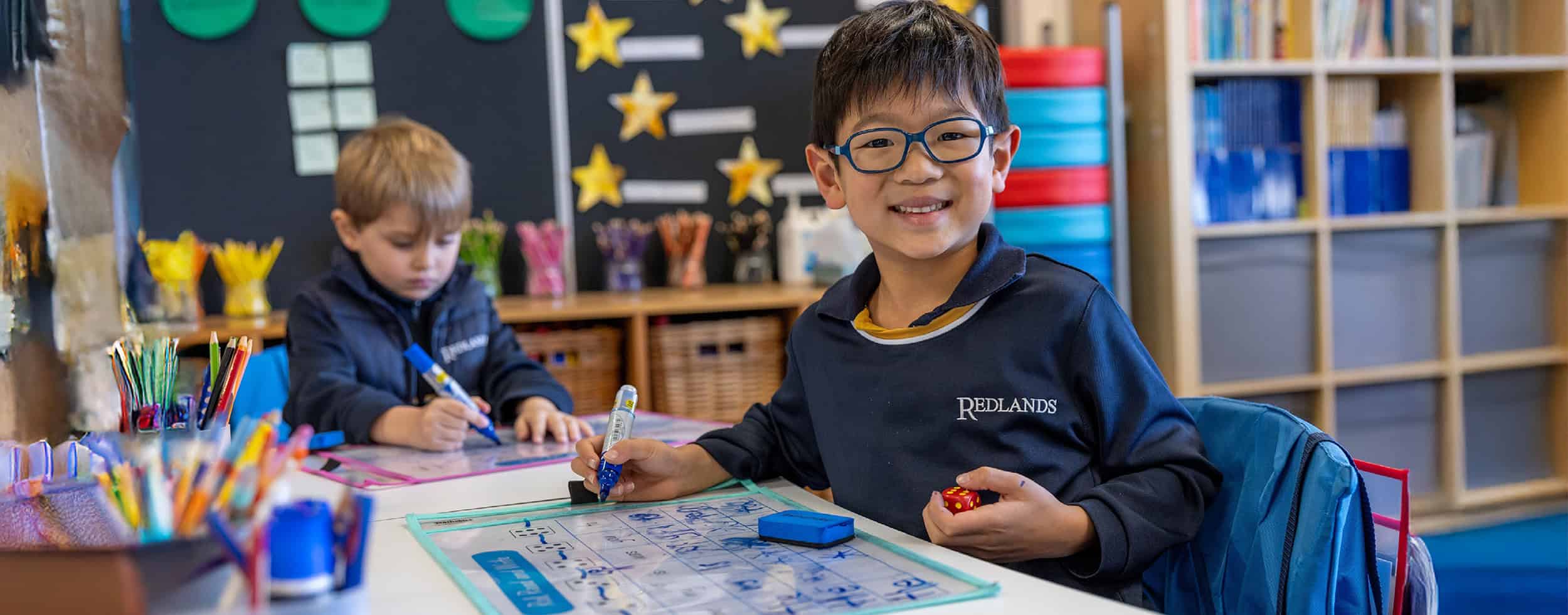Friday 27 June 2025
Across many parts of Asia, academic success has long been associated with intense study schedules, competitive entrance exams, and a relentless pursuit of high scores.
In countries like South Korea, China, and parts of Southeast Asia, students often spend long hours at school, followed by additional tuition, private academies, and late-night homework. For many families, this high-pressure environment is seen as necessary to secure a place in a top university.
But increasingly, families are beginning to ask an important question: at what cost?
Recent reports, including those from leading media outlets, have highlighted a growing concern among parents and educators: that children are being stretched too far, too early, often at the expense of their wellbeing, creativity, and happiness. As early as primary school, many students are reporting symptoms of stress, burnout and social isolation.
This has led many parents to explore international options for their child’s schooling, and Australia is emerging as a preferred destination for early study abroad.

A Different Educational Philosophy
Australian education is built on the belief that academic achievement should go hand in hand with personal development, wellbeing and enjoyment of learning. It offers a powerful contrast to the traditional systems found across much of Asia.
1. Balance and Wellbeing
Australian schools place strong emphasis on student wellbeing. Learning is designed to be engaging, student-centred and age-appropriate. School days are structured to include physical activity, creative arts, collaborative projects and unstructured play, all of which support emotional health and cognitive development.
In contrast to the long, intensive hours often seen in Asian systems, Australian students benefit from more manageable school days, followed by time for sports, hobbies, and family interaction. This balance allows children to grow as confident, curious, and socially capable individuals.
2. Whole-Child Development
While academic learning remains important, Australian schools take a holistic approach to education. Students are encouraged to develop not just intellectually, but emotionally, socially and physically. Co-curricular programs such as music, outdoor education, leadership training and community service are embedded into school life.
This broader view of success helps students discover their individual talents and passions — something that can be overlooked in environments where performance in mathematics and science is prioritised above all else.
3. English Language Proficiency Through Immersion
One of the major advantages of studying in Australia is natural language acquisition. Rather than relying on rote learning, students improve their English skills through daily interaction with teachers and peers. Language learning becomes authentic, embedded in every subject area and social interaction, giving international students a true advantage in fluency and confidence.
4. Pathways to Global Opportunities
Completing secondary school in Australia opens doors to a wide range of globally ranked universities, both in Australia and around the world. Graduates of Australian schools are well-prepared for tertiary study, with strong critical thinking skills, communication abilities and intercultural understanding.
In fact, many Australian schools actively prepare students for future study and work in a global context, through programs that encourage inquiry, collaboration, and innovation.

Why More Families Are Choosing Early Study Abroad
The decision to send a child overseas for school is never made lightly. But for a growing number of families across Asia, early study abroad is seen not just as an escape from pressure, but as an investment in their child’s future.
At the AEAS Australian Schools Exhibitions, held annually in key cities throughout Asia, we meet parents who want more than just academic outcomes for their children. They’re seeking environments where students are:
- Encouraged to think independently
- Supported emotionally and socially
- Given time to play and grow
- Recognised for their unique strengths
- Equipped for life beyond exams

Australia: Safe, Supportive, World-Class
Australia offers high-quality education in a safe, welcoming, and multicultural society. With a reputation for academic excellence, strong welfare support for international students, and a range of accommodation options, it’s no surprise that Australia is a leading choice for families considering school-level study abroad.
AEAS plays a key role in this journey. By providing English language and ability testing tailored for international school-aged students, we help schools assess a student’s readiness and ensure the best possible placement.

Looking Ahead
Education systems around the world are evolving. As artificial intelligence, automation, and global competition reshape the future of work, the ability to think creatively, solve problems, and communicate effectively will be more valuable than ever.
Australia’s education system is designed to nurture those very skills from the early years right through to Year 12. For families ready to take a bold step toward a more balanced and future-ready education, Australia offers an outstanding option.





































